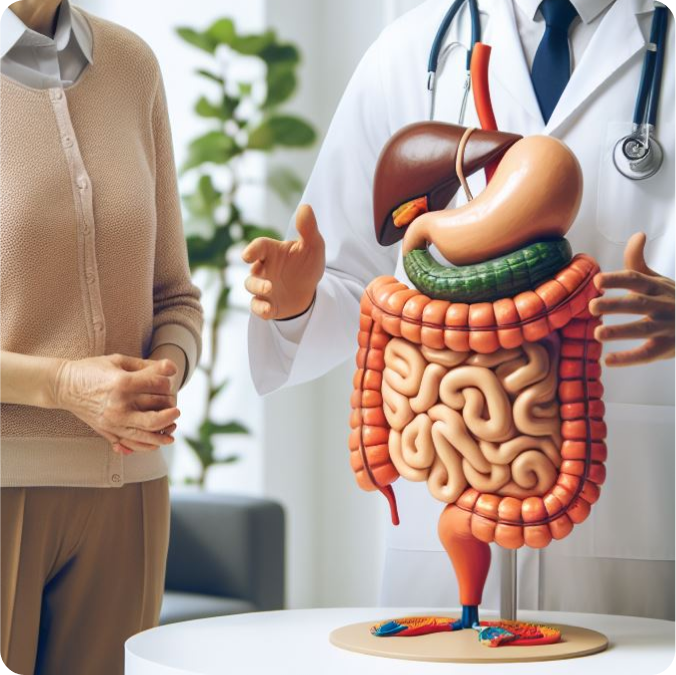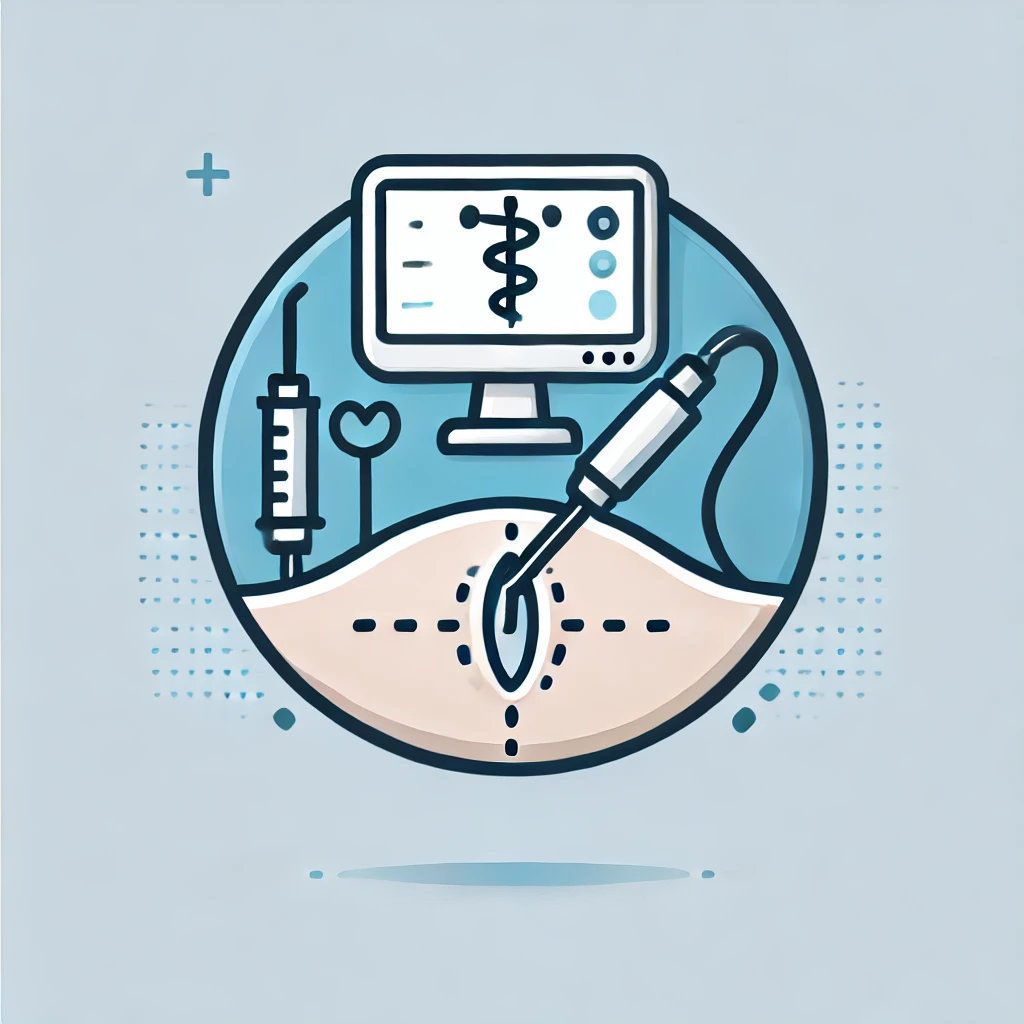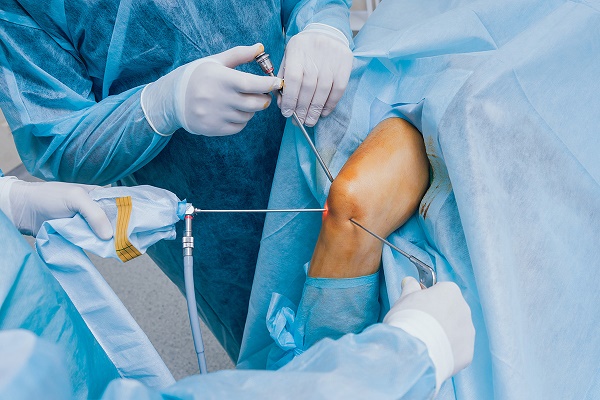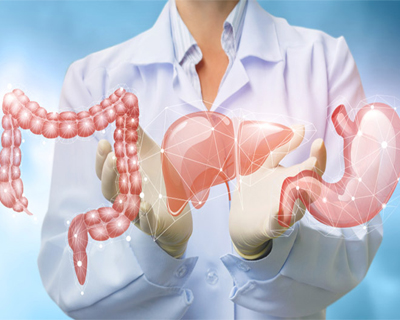
Best Gastroenterologist in Kakinada
The dynamic lifestyles of the humans have made them vulnerable to an array of gastrointestinal conditions due to the complex and hazardous dietary habits and increased levels of toxins and chemicals in our daily lifestyles.
Gastroenterologist in kakinada doctors are trained to diagnose and treat problems in your gastrointestinal (GI) tract and liver. Gastroenterology surgeons offers expert care in both Medical and Surgical Gastroenterology such as colon polyps, gastrointestinal cancer, jaundice, cirrhosis of the liver, gastroesophageal reflux (heartburn), peptic ulcer disease, colitis, gallbladder and biliary tract disease, nutritional problems, Irritable Bowel Syndrome (IBS), pancreatitis, etc. We are dedicated to the treat diseases of the digestive and hepatobiliary systems in children and adults.
Gastroenterology essentially addresses the diseases of esophagus, stomach, small intestine, colon and rectum, pancreas, gallbladder, bile ducts and liver. The functioning of the entire digestive system is related to the passage of food through the digestive canal to the physiological processes of food digestion, absorption and elimination that comes under the purview of this specialty.
Our comprehensive approach to diagnosis, treatment and prevention of the digestive disorders has helped us in treating the various fields of gastroenterology that includes – Open surgical and keyhole procedures, Suture less surgeries with Endo GIA Staples and Bloodless surgeries with Ultrasonic Scalpel.And we are also, expertise in Hepatobiliary, Pancreatic, Gastro Esophageal, Colorectal and surgeries for the small bowel, Portal Hypertension, Spleen and major GI trauma.
Procedures Done
Upper Gl Endoscopy
Colonoscopy
ERCP
Treatments offered
Heart Bum & Blood Vomitings
Blood Motions & Abdominal Pain
Abdominal Distension & Acute Pancreatitis
Chronic Pancreatitis & Jaundice
All Types of Liver Diseases
Ulcerative Colitis & Crohn's Disease
Constipation & Diarrhea
Treatment for Chronic Hepatitis B and Chronic Hepatitis C
Non Alcoholic Liver Diseases
FAQ?
What are Piles?
Piles are a medical condition in which the tissues of the perineum (the area between the anus and vagina) bulge abnormally, causing discomfort, pain, and sometimes bleeding.
How do I know if I have piles?
The first step in diagnosing your condition is to examine the skin around your anus and rectum to see if they are red, swollen, and tender. If you have any open wounds on your skin near these areas, you may also notice scabbing or bleeding.
What are the symptoms of Piles?
Symptoms usually appear as aching or burning sensations in the lower abdomen and pelvis, which may radiate to other areas of the body. The pain can be so severe that it interferes with daily activities.
What causes piles?
The exact cause of piles is unknown, but they are believed to be caused by the buildup of bacteria (normally from feces) in a sensitive area of the body such as the anal canal or rectum, causing irritation and inflammation. Piles may also be caused by irritable bowel syndrome (IBS) and severe constipation.
How do I treat piles?
Treatment options include medications (such as stool softeners and antidiarrheal agents), hot sitz baths, and oral medications (such as anti-inflammatory pain relievers). Surgery may be required if your symptoms don’t improve with other treatments.
How common are Piles?
Piles are quite common, affecting about 15% of women and men at some point in their lives. It affects about one out of every three women and one out of every four men during their lives. The average duration of symptoms is about six weeks and unless treated properly, piles can become chronic and cause significant discomfort.
How long does a person have to wait before having surgery for piles?
The waiting time can vary depending on the type of surgery you are going to have. If you have an operation to remove the infected area, then there is no waiting period. However, in some cases where the infection has spread deeper into the muscle or tissue, then it may take longer before you get an operation.
Is it true that if one has piles, they will develop more?
Yes, it is true that if one has piles, they will develop more. This can be due to the fact that there may be a build-up of bacteria and dead tissue that are causing inflammation and irritation which in turn can lead to further infections and swelling. The process also causes scarring which also leads to more problems with your lower body region.
How can I prevent getting Piles?
There are several ways to prevent getting Piles. Use stool softeners or bulk-forming laxatives if necessary (but don’t use them if you’re pregnant). Avoid straining during bowel movements (don’t force it!) Eat more fiber in your diet; this helps keep things moving smoothly through your digestive system.
Can anyone get piles?
No. Only people who have Piles are susceptible to developing piles. People who have never had Piles before are also susceptible to developing them later in life when their bodies begin to weaken.
What is the difference between piles and hemorrhoids?
Hemorrhoids are swollen veins in the rectum, whereas piles are swollen tissue in the anal canal. Piles do not cause discomfort and usually do not require treatment. Hemorrhoids typically cause a burning sensation when defecation occurs, while piles may cause no symptoms at all.
Is there any age limit for piles surgery?
No, there is no age limit for piles surgery. It can be performed at any age, even before the age of 35. However, your doctor will advise you to undergo this surgery only after careful examination and confirmation that the condition is benign or malignant.
How long does it take for my doctor to diagnose a mass in my colon?
It depends on many factors including your age, medical history, physical exam, and tests that are done to rule out other conditions that could be causing your symptoms (such as irritable bowel syndrome). If a mass is found during a colonoscopy or sigmoidoscopy exam, it will be biopsied so that a diagnosis can be made.
Why are my piles painful?
Your piles are a symptom of your elimination system not working as it should. The pain is a signal that something is wrong, but it is not always easy to identify what the problem is. In most cases, it can be resolved by changing your diet and lifestyle habits.
Can I have piles forever?
No! Piles are caused by a blockage in the anal canal or rectum – they do not last forever and will disappear on their own if you take care of them properly. If you keep taking laxatives or antacids to treat your symptoms, however, the situation can become worse over time and lead to chronic constipation or even an anal fissure (a tear in the lining of the anus).
Is Piles a serious problem?
No, it is not as serious as you may think. This condition can be treated with surgery if needed; however, most people can be treated symptomatically with simple medications such as tretinoin or other topical creams which help to reduce swelling and inflammation of the tissues around the anus and vagina.
Are Piles a Disease?
No, it is not a disease. Piles are a condition that may be caused by several factors. These include genetics and other health conditions, including kidney disease and diabetes. If you have been diagnosed with piles and have no other underlying health issues, your doctor can help you manage the condition effectively.
Is it safe to use over-the-counter treatments for piles?
Yes. Some over-the-counter treatments include aloe vera gel and witch hazel. However, these treatments do not work in every case, so it is important to consult your doctor if they do not help.
Who gets piles?
Piles occur most often in women who have never been pregnant, but it can also happen in women who have had children. Piles are more common in older people, but they can affect anyone. People with certain medical conditions, such as diabetes and fibroids, are at increased risk of developing piles.
Is it possible to cure my piles with home remedies?
Piles are a condition that causes the accumulation of fluids in the tissues of the rectum and anus. It can lead to pain, hemorrhoids, and other complications. There are many home remedies that people try to cure piles by themselves. Some of them include drinking lots of water, eating fiber-rich foods, taking fiber supplements, exercising regularly, and using over-the-counter medications such as stool softeners. However, there is no scientific evidence that these home remedies work as they are meant to do.

Book Appointment
Schedule your appointments effortlessly with our user-friendly booking system.









































